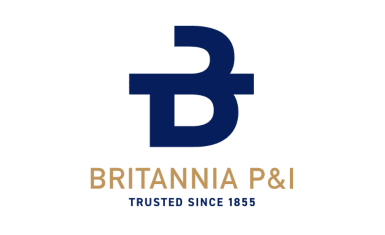
An increasing number of vessels have encountered unexpected port state issues related to sulphur emissions limit exceedance caused by inaccurate readings. These false measurement readings are often the result of poorly maintained exhaust gas analyzers. Classification DNV has guidance on the importance of calibration and maintenance routines, and of monitoring equipment performance.
Introduction
Malfunctions of SOx scrubbers or exhaust gas cleaning systems (EGCSs) that last more than one hour should be reported to the flag administration and the relevant port state administration. However, sometimes a malfunction may go undetected because the monitoring equipment does not register any increase in SO2 concentration. Often, the cause of false measurement readings is poor maintenance. Continue reading “DNV: How to identify false sulphur emissions readings”










